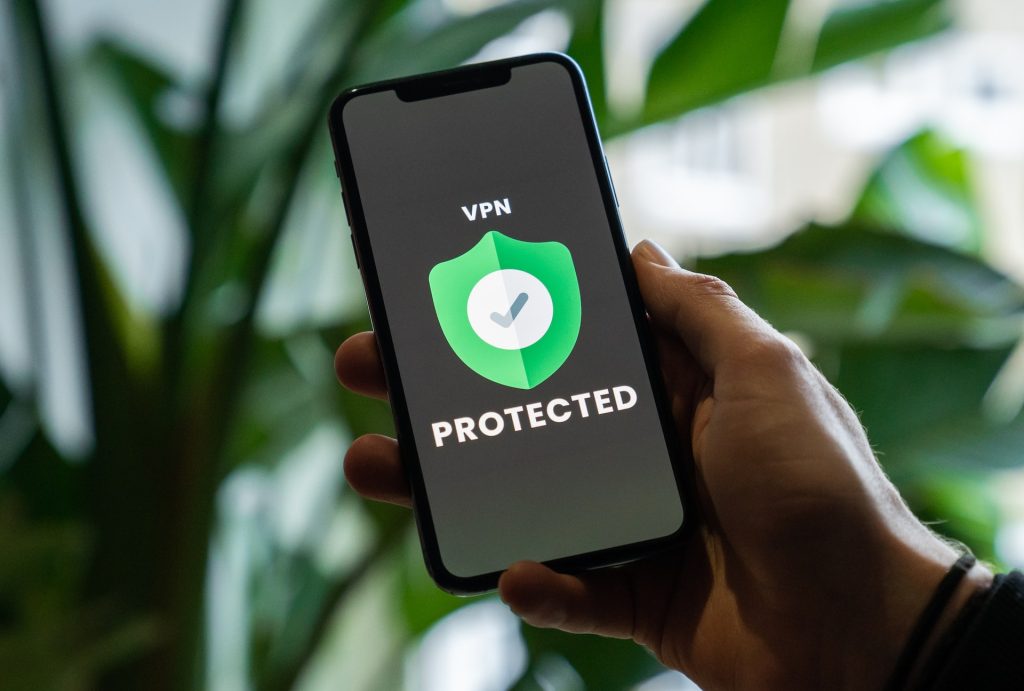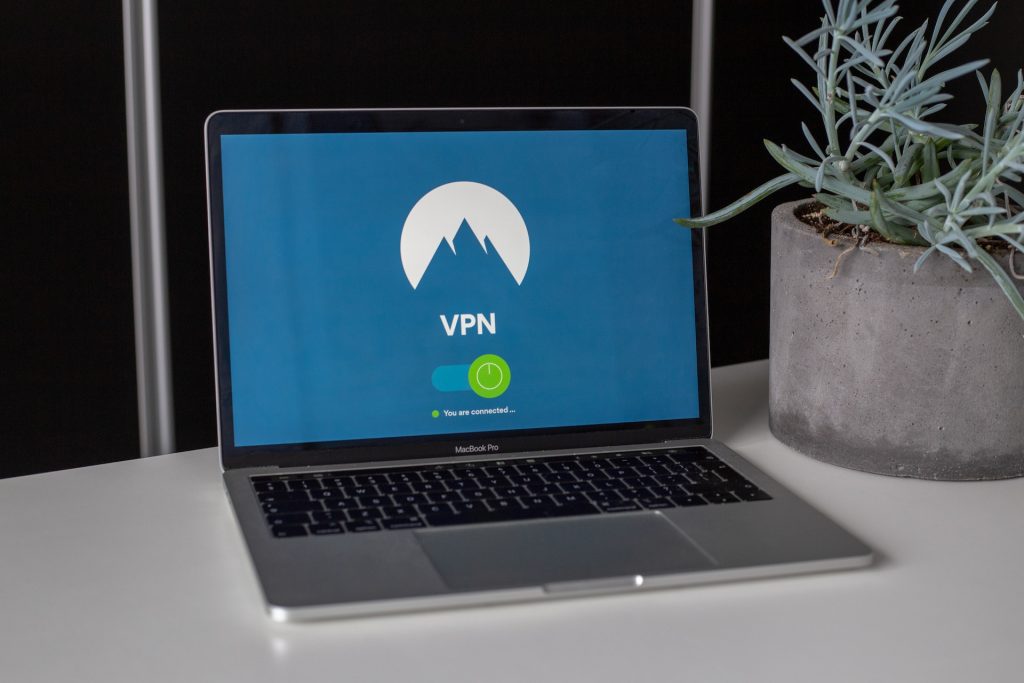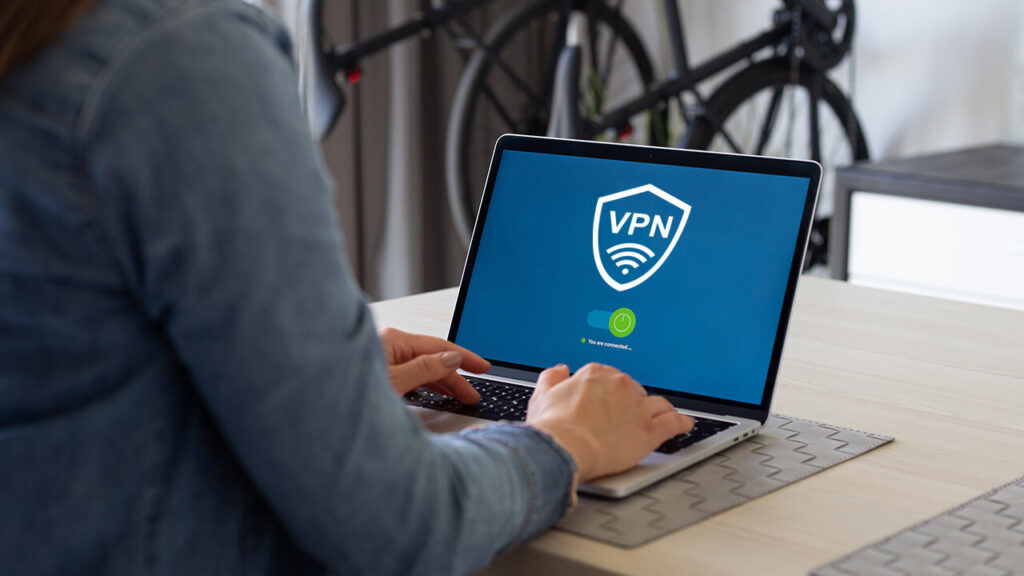Nowadays, it seems like most of the sites you visit while browsing feature VPN ads. They’re all hitting our weak spots, screaming we’re in danger and the only way to protect our privacy is by using VPNs.
It’s safe to say there’s probably no one “out to get us” the moment we fire up our browser, as these ads want you to think. There’s no denying the many benefits of using a VPN. But we’re getting ahead of ourselves, so let’s back it up a bit. For those that have heard the term but don’t know what it represents, here’s a little crash course.

A VPN hides your IP address when you’re online. More specifically, it replaces your original address with a different one. While this sounds exceedingly simple and rudimentary, hiding/changing your IP address can lead to many other benefits and advantages:
- Your connections are safer, protecting your personal data in the process, especially when connecting to public Wi-Fi
- You’ll get around content restrictions since the content is sometimes locked for specific regions
- You’ll be virtually anonymous – if someone wants to track you and knows how, they’ll probably be able to do so, but sites like Amazon or Google won’t be able to trace your steps
- Designed for all devices – traditional security software is designed for computers, with mobile devices limited to ports, while a VPN works equally well on all platforms
More things work in favor of VPNs, but these are the ones that just jump off the page and are, therefore, worth highlighting.
Now that you have, at the very least, a basic understanding of what VPNs are and what they do it’s much easier to recommend the various solutions you’ll find in the next section. As the title implies, we’re taking into consideration only those VPNs that come as Chrome extensions that can be found on the Chrome store. This is because extensions work autonomously after activation, making them suitable for all users, regardless of previous knowledge and Chrome is the most popular web browser, making it the most common choice for those same users. Without further ado, let’s get into it…
Hotspot Shield VPN
If you’re looking for a fast VPN, Hotspot Shield should be your choice. It was graded “the world’s fastest VPN” by SpeedTest. Naturally, speed isn’t the only thing you’re looking for in a VPN, and that’s why there is a whole plethora of other features that make it a noteworthy solution.
Obviously, you’ll be able to prevent sites from getting your true IP because it runs through an encrypted channel connecting your Chrome to the site, which is the whole reason behind VPNs (this includes advertising trackers that monitor your activities). You won’t have only your browsing protected but also your other online activities like video meetings. Building on that, you’ll easily be able to bypass geo-restrictions for locked content. This encompasses all restricted content, regardless of source, from subscription services to websites and social media platforms.
There are no limitations to the service (i.e., no time limits or traffic limits), which means you can always stay connected to the VPN servers throughout all your devices with no drops in bandwidth, regardless of date and time.
SetupVPN
SetupVPN offers a free solution that’s aimed at anyone looking for some extra protection. While nothing is entirely foolproof, it offers 4096-bit encryption that should deter all but the most persistent parties from accessing any of your data.
Outside of just protecting your data, you’ll easily bypass restrictions because you’ll be able to run your IP address through over 100 servers located worldwide, and no content is restricted everywhere. Simply manually choose what location you want your address to show and make the “switch”. Not only will it help with bypassing geolocation restrictions but also firewalls on your end, i.e., at work or school – unblock everything and connect to everything.
When the extension is active, it will show notifications when you’ve connected and/or disconnected from their servers, so you’ll always know if your real IP address is visible or not. When potential errors or disconnects of any kind occur, the notifications ensure you reconnect promptly.
You’ll be required to register, but after that, access to the entire service is free with no limitations or added fees, which makes it perfect for private users who are simply looking for a little extra privacy online.
ProtonVPN
ProtonVPN is a Swiss-based open-source VPN service that aims to up the game with high-grade encryptions that guarantee top levels of security. The focus on privacy and security is emphasized with features like the secure core that internally bounces your connection through several servers before being sent out, the NetShield ad-blocker, which protects from various malware you can pick up even without clicking on the numerous ads sites often host, or the Stealth protocol which makes you virtually invisible to most firewalls and site restrictions, enabling unfiltered access.
Because of its open-source nature, the code is easily accessed and reviewed making it up-to-date at all times. Being subjected to constant independent peer reviews is the safest way to make sure your service isn’t lacking. As an added bonus, good reviews have a much greater impact if they’re coming from experts in the field.
We’ve mentioned that ProtonVPN comes from Switzerland, and that very much works to its advantage because of the many laws created for privacy protection. This represents a unique opportunity to gain access to this type of legal protection that isn’t based on EU or US laws.
Naturally, behind all these specific features, you’ll get to use a fast, encrypted VPN in the same way you would any other – mainly to protect your data and personal information (by hiding your IP address) and to bypass various restrictions.
NordVPN

If you’ve ever looked into a VPN solution, chances are you’ve come across NordVPN. It’s without a doubt one of the most popular solutions out there that boasts a large network consisting of over 5200 servers located in 59 countries, making it easy to connect somewhere close to you and access top speeds with unlimited bandwidth.
A very user-friendly approach is implemented with features worth highlighting, like access to a dedicated IP address only you will be able to use, double IP protection (change your address twice before making a connection), multi-factor authentication, a no-logs policy, etc. 24-hour monitoring and the presence of a kill switch (instantly blocking any incoming or outgoing connections) offer an extra layer of protection even in the unlikely event something goes wrong.
Even with all these features present, NordVPN remains an easy-to-use piece of software where the default setup requires just a click, and even the more detailed features aren’t overly complicated to comprehend. The sheer number of features, however, make this a solution that’s much more than a tool to hide your/change your IP address.
Surfshark
Surfshark represents another household name that has been keeping your personal data safe online for some time now. Protecting your privacy is the number one goal, but Surfshark also protects all your data from malicious attempts to access it. Turning on the CleanWeb feature, you’ll get to block ads, malware, and trackers, which can often find their way to your browser without you even noticing. We all use some type of protection anyway, but this represents a nice extra addition.
You’ll be able to connect to any server location you wish manually (over 3200 servers in over 65 countries), but if you’re unsure of the optimal choice, there are the predefined “fastest” and “nearest” selections that get you where you want to go in just one click. You can even connect to two VPN servers, making the task of tracking your online activities twice as hard.
The Bypasser is a unique function that lets you make a filter on which sites you don’t use the VPN to mask your IP address. If you don’t use this function, your address will be masked/changed all the time. You can even block the cookie pop-ups every site is now obligated to feature. Not a particularly crucial feature, but certainly one that improves the quality of life.
Final thoughts

There are a couple of ways to get a hold of Chrome extensions, VPN, or otherwise. You can search the Chrome store repository directly, trying to find the right product, or you can subscribe to the service in question first, after which you’re redirected to the extension page as an added feature.
As we’ve pointed out, using an extension simplifies all required actions on your end. You’ll get all the functionality of the base service with only a fraction of the setup and tinkering needed to make everything run optimally.
Again, other very viable VPN solutions might offer unique features not found elsewhere, like OpenVPN with dedicated Cloud VPN protection very useful for businesses. However, we do recommend using an extension to take a load off your to-do list, freeing you up to focus on other things.













